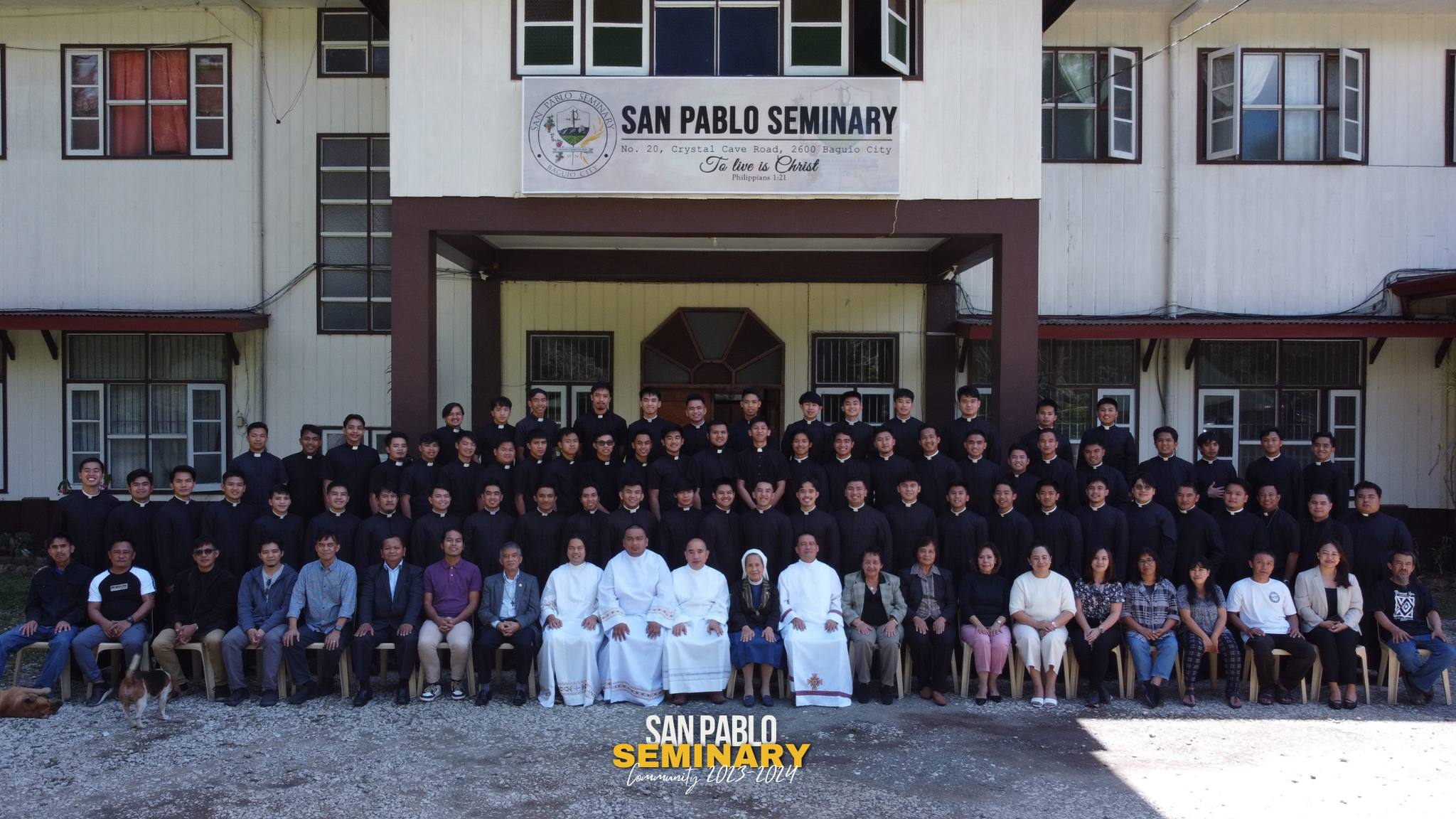COMMUNITY LIFE
WHAT IS THE COMMUNITY LIFE?
Community life in the seminary is crucial as it nurtures holistic development across human, spiritual, intellectual, and pastoral dimensions. Living in a communal setting fosters personal growth and self-awareness, encouraging seminarians to develop interpersonal skills, empathy, and emotional intelligence essential for effective ministry. Spiritually, the shared life of prayer, worship, and theological reflection deepens one’s faith and commitment, creating a supportive environment for spiritual growth and discernment. Intellectually, the exchange of ideas and collaborative learning with peers enriches academic pursuits and broadens understanding, fostering a well-rounded and informed theological perspective. Pastoral formation is enhanced through shared experiences and mutual support, as seminarians learn to serve and lead within a community, preparing them to engage with diverse congregations. Together, these aspects of community life in the seminary create a comprehensive training ground, shaping well-rounded, compassionate, and competent future leaders for the church.
4 ASPECTS OF THE FORMATION
Formation in the seminary is a comprehensive process that integrates human, spiritual, intellectual, and pastoral development to cultivate well-rounded, mature, and effective clergy equipped with personal growth, deep spiritual life, rigorous theological education, and practical pastoral skills for serving their communities.
SPIRITUAL FORMATION
Spiritual formation involves deepening one’s relationship with God through practices that nurture a vibrant and authentic spiritual life. Seminarians participate in daily prayer, Eucharistic celebrations, retreats, spiritual direction, and regular confession. They engage in communal worship, personal meditation, and theological reflection to cultivate a strong spiritual foundation.
HUMAN FORMATION
Human formation focuses on the personal and emotional development necessary for seminarians to become mature, well-balanced, and relationally adept individuals. Seminarians work on developing emotional intelligence, self-awareness, and interpersonal skills through workshops, counseling, community living, and participation in group activities. They are encouraged to practice self-discipline, empathy, and healthy lifestyle habits.
INTELLECTUAL FORMATION
Intellectual formation aims to provide a deep and rigorous understanding of theology, scripture, and particularly philosophy, as well as the teachings of the Church. Seminarians engage in academic coursework, studying scripture, theology, and especially philosophy. They participate in lectures, seminars, research projects, and discussions to build a solid philosophical and theological foundation and critical thinking skills.
PASTORAL FORMATION
Pastoral formation prepares seminarians for the practical aspects of ministry, equipping them with the skills needed to effectively serve and lead in various pastoral contexts. Seminarians gain hands-on experience through pastoral placements, where they perform tasks like preaching, teaching, counseling, and administering sacraments. They engage in field education, supervised ministry experiences, and pastoral internships to develop practical ministry skills and learn to address the needs of their future congregations.
